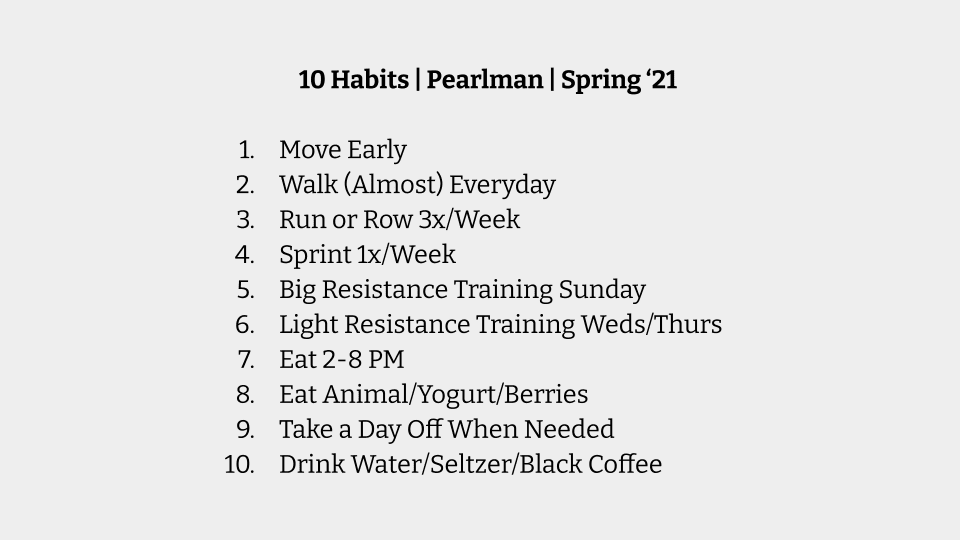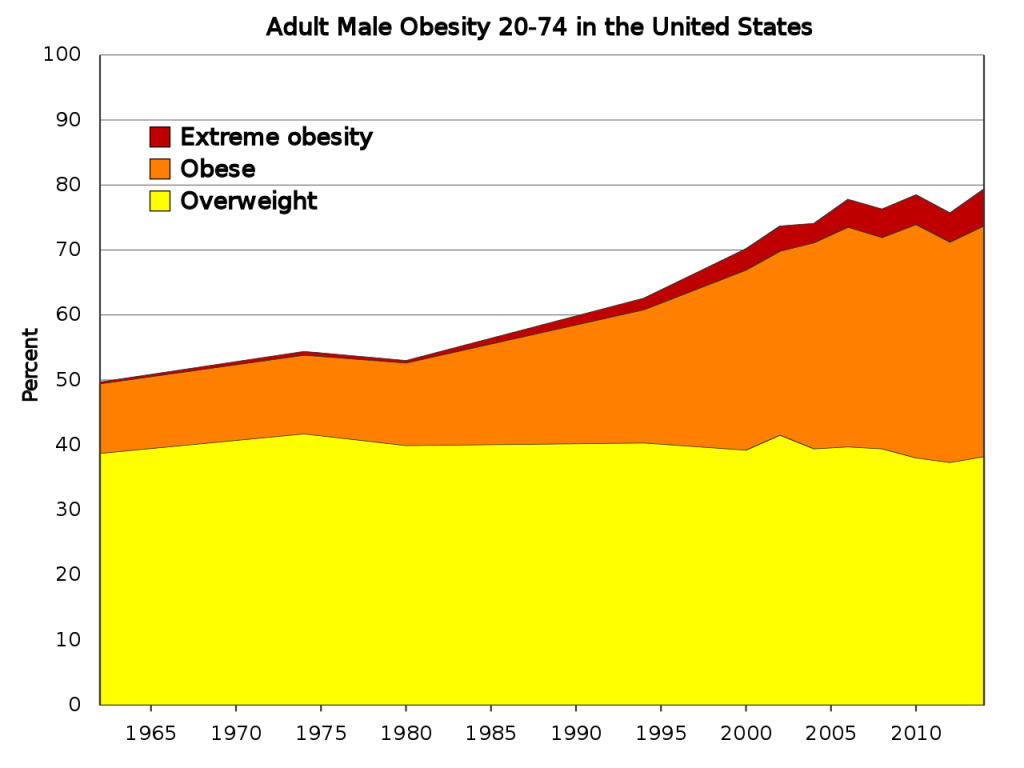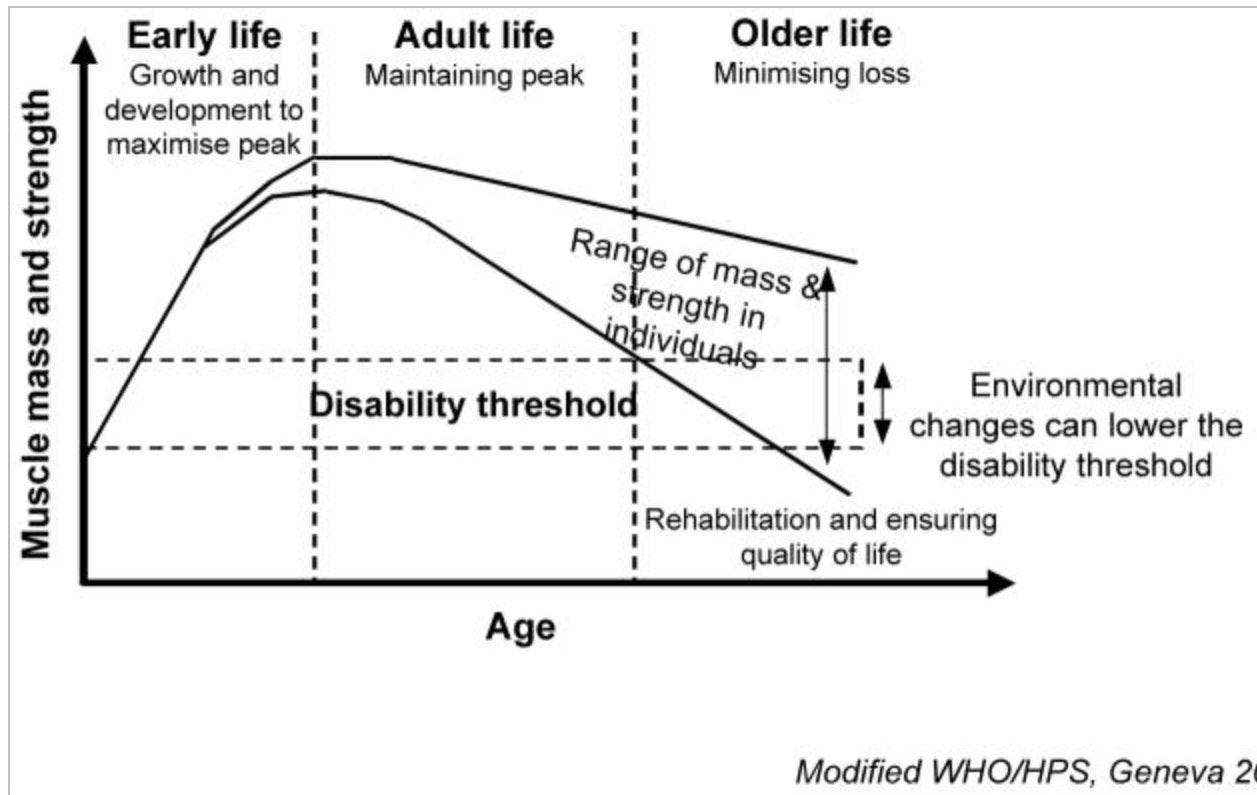Benefits of Eating a High Protein Diet
Last week, I posted a piece called This Is What I Eat.
A reader asked me, what are the benefits I’ve experienced?
So this week, I am writing about why I eat this way.
First The Short Answer
I am lean but never count calories. I have plenty of energy for relationships, work, and exercise. I feel good. I sleep well. I am able to focus on things that require concentration like writing. Pretty straightforward.
Now for a longer answer...
Part of the Bigger Plan
I view a high protein diet, moderate in fat, and low in carbs and processed food, to be an integral part of a larger long-term personal health plan.
I wrote a post called The Ten Habits a while back that captures, simply, the fuller plan. Here’s the graphic from that post.
I want to live a long time and be healthy for as long as possible. I love being able to run, swim, and play with my kids and I plan to be able to do this with my grandkids years from now also.
A long-term time perspective regarding health and aging can pay massive dividends later in life. Health planning compounds just like wealth planning. 😉
So I eat this way, because it improves my quality of life in the present and as a part of personal health planning for the long haul.
Long-term hedonism is this idea of pleasure seeking over years and I think of myself as a long-term hedonist. (This is a concept that deserves more attention and I will write about it in the coming weeks.)
Conformity
Humans are a conforming bunch. We go along with cultural norms and we don’t really think about it.
Often, that’s fine. There are 25 different small SUVs on the market, ranging from inexpensive to exorbitant, and a lot of people drive them. They are hugely popular. They all look a lot alike, and they're all pretty darn solid. Adaptive conformity. Great.
But some cultural norms are not so great.
The Standard American Diet (SAD) is one of the bad cultural norms. We fuel our bodies with a lot of garbage and it is not working.
We’ve been trained by an industrial food complex that markets and lobbies very effectively. Fast food, sugary foods, and highly processed foods are easy to get and eat. Drinking has been glorified and is considered a right of passage during our formative years. Etc.
(There are more factors but the whys don’t even matter that much. It’s just reality.)
Here’s a chart of annual sugar consumption per person in the developed world over the last 500 years.
Holy Cannoli!
And here’s an infographic that widened my eyes...
Obesity
It is no wonder, then, that obesity is also skyrocketing. Here is the US Overweight and Obesity Rate over the past 50 years ending 2015.
JFC.
Waist to Height Ratio
Here is a simple heuristic for gauging how long we might live.
If we were going to forget everything else and boil longevity down to one factor, this would be the one.
How big is your waist relative to your height? This chart is one to stare at for a minute.
You want your waist to be half of your height. The higher this ratio goes, the more years of life you lose.
Muscle Mass and Aging
Sarcopenia is the loss of muscle due to aging. Nobody ever talks about this but it is associated with decreased quality of life and years of life lost. Here is another chart...
This one hits people who do not move enough and/or get enough protein.
Resistance Training X High Protein is my long-term plan here.
Wrapping It Up
This is why I eat mostly less processed foods that are high in protein, low in carbs, and moderate in fats.
There is a lot more I could write about insulin resistance, autophagy, ultra-processed foods, and metabolic health, but this is starting to feel like a 1000+ words and nobody reads those anymore so I’m wrapping it here.
As always, if you have any questions, please ask away in the comments or email me by responding to this newsletter. If you are not a subscriber and are reading this on the web, you can email me your comments or questions at ppearlman@gmail.com.








